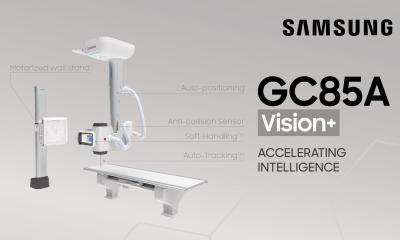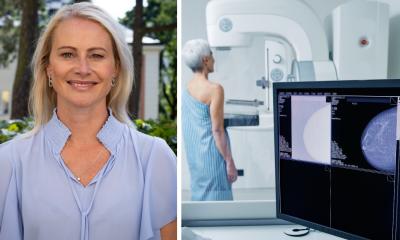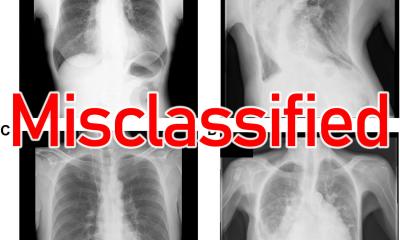Article • Algorithmic challenges
Radiographers urge caution when working with AI
The Artificial Intelligence (AI) landscape confronting the radiographer profession will be outlined in sessions at ECR 2020, with leading practitioners urging the need for an evidence-based approach in order to deliver a safe and effective service for patients.
Report: Mark Nicholls
Image by Oleg Gamulinskiy from Pixabay
The session, under the broad heading of “Artificial intelligence and the radiographer profession”, aims to discuss AI within the context of the profession and explore key considerations for radiographers. Among radiographers discussing the challenges and benefits surrounding AI and radiography is Dr Nick Woznitza, who suggests there is still much work to do, particularly in terms of assessment, validation and the need for published findings, before AI can be fully embraced within the profession.
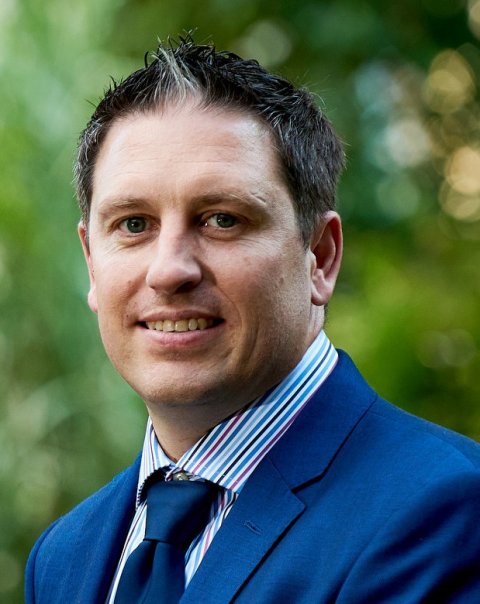
In his presentation “Exploring the current landscape and evidence-base relating to artificial intelligence (AI) and the radiographer profession”, he will summarise the existing evidence of the impact of AI on radiographers; recognise the risks and benefits when introducing AI into clinical practice; and explore the opportunities that AI could present in radiographer role development.
He explained that there are very few studies that have looked at AI in the context of a radiographer’s work. “There is the potential to have impact on practice and service delivery across all modalities, but it seems the role of radiography and radiographers is hardly even a side-note,” said Dr Woznitza. “Yet without the radiographer acquiring those images, radiologists or algorithms have nothing to interpret.”
To examine this area, the EFRS-ISRRT (European Federation of Radiographer Societies-International Society of Radiographers and Radiological Technologists) working group – which Dr Woznitza co-chairs - is looking at the role that AI will have on the practice of radiography. “That set out the principle that we need to make sure what we do is in the best interests of our patients,” he said. While acknowledging that the practice of imaging is evolving, it needs to be based on evidence-based practice that is “updating, refreshing, reinventing.”
Recommended article
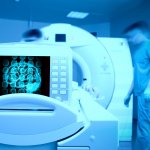
News • Algorithm-assisted diagnostics
AI in imaging: not as reliable as you'd think
Machine learning and AI are highly unstable in medical image reconstruction, and may lead to false positives and false negatives, a new study suggests. A team of researchers, led by the University of Cambridge and Simon Fraser University, designed a series of tests for medical image reconstruction algorithms based on AI and deep learning, and found that these techniques result in myriad…
“We need to start thinking about algorithms as the new drugs. You would not be giving a drug to a patient if it was not properly evaluated,” he continued. “There are very few prospective randomised trials on the use of AI in medical imaging.”
The AI landscape needs clarification, with trials and evidence to back up claims from the glossy brochures
Nick Woznitza
An important element is that of retaining human input and assessment, with the crucial question remaining: “how confident are you as a healthcare professional that the image the radiographer has acquired is a true and accurate representation of the patient standing in front of you, and not just the average patient.” He said: “The AI landscape needs clarification, with trials and evidence to back up claims from the glossy brochures. As radiographers - as a profession and professional - we are responsible for delivering that radiation dose to that patients. If we just trust an algorithm to plan a scan, set exposure parameters, scan times, and contrast bolus, that’s great but where is the sense check, where are we putting in the circuit breakers into this high-risk safety critical profession? An algorithm is only as good as it is programmed to be.”
His key take home message emphasised the need for an evidence base “to make sure that the introduction of technology does not increase current health inequalities and reinforce and perpetuate bias within systems.”
Other presentations within the session will look at other important issues including the ethical controversies that AI is introducing in medical imaging; opportunities to use AI to supplement radiographer education; and discussion on how radiographers can contribute to the development of AI in medical imaging. Dr Woznitza concluded: “As radiographers, we need to understand what is being done because we are the professional that takes responsibility and accountability for our actions; algorithms are not the regulated professional, we are. We need to maintain professional vigilance.” The relationship between AI and the radiographer is in its early stages but he emphasised the need for the profession to be fully involved in the process from the very beginning.
Profile:
Dr Nick Woznitza is a Senior Lecturer in the School of Allied and Public Health Professions at Canterbury Christ Church University and clinical academic consultant radiographer at Homerton University Hospital, reporting a range of plain imaging examinations including skeletal, chest and neonatal x-rays; teaching image interpretation and conducting research into the accuracy and impact of radiographer reporting. In recognition of his work on the lung cancer pathway, clinical reporting education and research, he was awarded the Chief Allied Health Professions Officer Practice Innovator of the Year and AHP of the Year 2017.
17.07.2020



